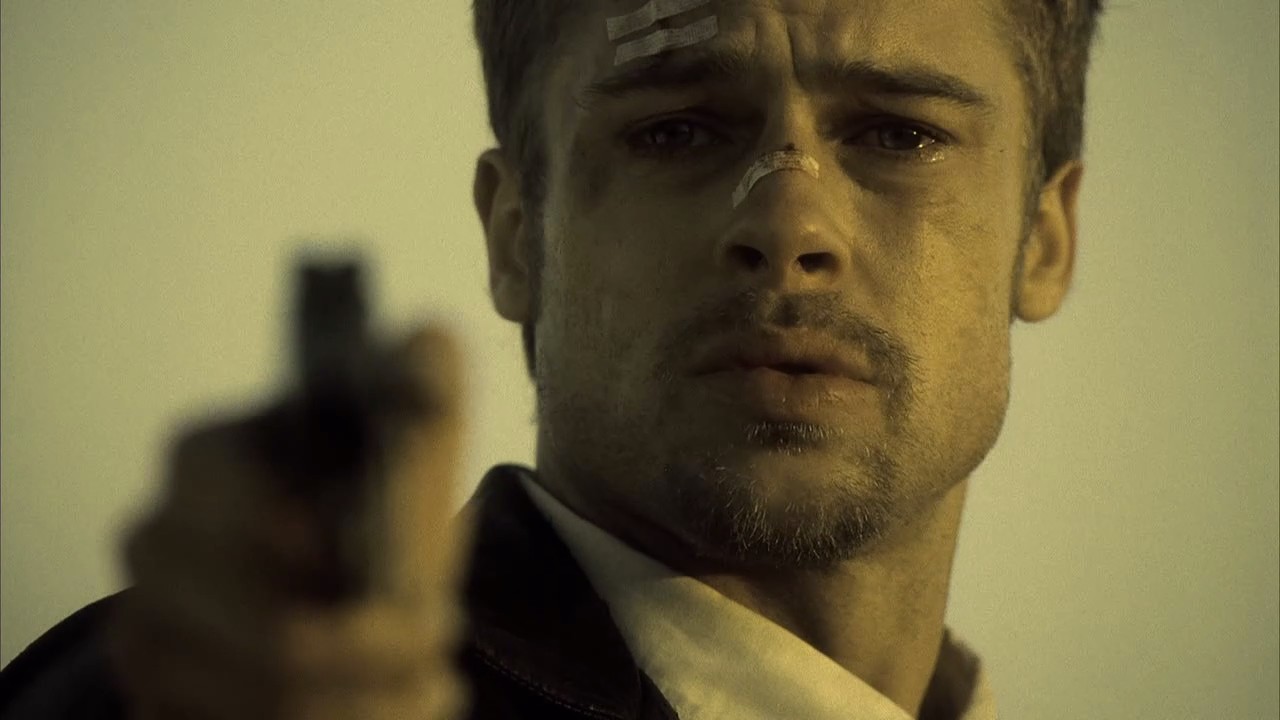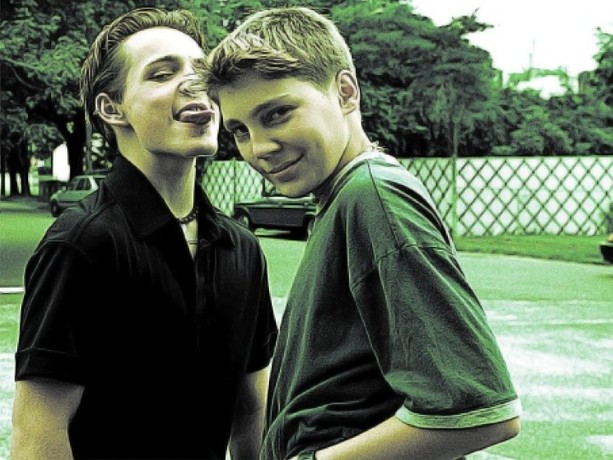A Dark, Relentless Descent into the Mind of Evil
Se7en, directed by David Fincher, is a chilling psychological thriller that pulls viewers into a rain-soaked nightmare of moral decay and twisted justice. With haunting atmosphere, sharp performances, and one of the most unforgettable endings in cinematic history, the film stands as a defining piece of 90s crime cinema.
The story follows two detectives—veteran William Somerset (Morgan Freeman) and hot-headed rookie David Mills (Brad Pitt)—as they investigate a string of gruesome murders based on the seven deadly sins: gluttony, greed, sloth, lust, pride, envy, and wrath. Each crime scene is meticulously designed by a killer who sees himself not as a murderer, but as an avenging force exposing the rot of modern society.
Freeman brings calm intelligence and weary wisdom to Somerset, a man on the verge of retirement and haunted by the senselessness of the world. Pitt’s Mills is passionate, impulsive, and eager to prove himself—making their dynamic compelling and deeply human. As they chase the invisible hand behind the crimes, they are drawn into a trap that is as much philosophical as it is physical.

The film’s look is bleak and gritty, with its near-constant rain, dim lighting, and claustrophobic spaces amplifying the sense of dread. Howard Shore’s minimalist score deepens the tension without ever overwhelming it.
Kevin Spacey’s appearance as the killer—cold, articulate, and terrifying in his calmness—elevates the final act to shocking brilliance. The film’s conclusion is a slow-burn gut punch that leaves audiences stunned, asking hard questions about justice, vengeance, and the fine line between good and evil.
Se7en is more than a murder mystery. It’s a study of darkness, both in the world and within ourselves. Disturbing, unforgettable, and masterfully executed, it dares you to look evil in the face—and doesn’t blink.
-1751037598-q80.webp)


